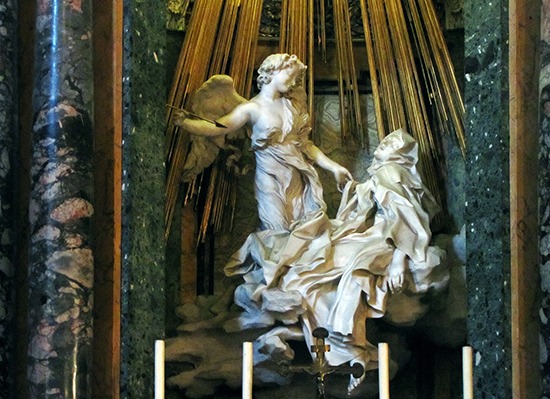This homily, delivered at the Sta. Maria Catholic Church in Iloilo, is based on John 10:1-

When you think about it, there are two important questions that we need to answer in our lives. The first question confronts us almost the moment we are born: “Who am I?” As we grow, we grapple to discover our identity and our gifts–what makes each of us unique–or as someone put it, “what makes me me.” But as we do so, we also at the same time shape our selves and our character, making decisions and taking actions that define who we are.
There is another, equally important question that every person also needs to answer–a question that is usually forgotten. We need to answer this second question as much as the first if we want to find the meaning of our lives. This second question is: “Whose are you?” In other words, to whom do we belong? The answer to this question covers not only the self-defining friendships we keep, but also the life-shaping commitments we make. And just like the first, we go about answering this question not so much through our words but through our actions, not so much with our lips but with our lives.
If you’re wondering what all the talk in today’s gospel about sheep, shepherds, and sheep gates are, the Lord is really speaking of whose we are. We are his. Or, at least he wants us to be his. First, he describes himself as a shepherd who calls his sheep by name and whose voice his sheep recognize. He lays his claim on us as his. But still not content with that, he mixes metaphors and describes himself as the very gate through which we his sheep enter the fold.
Much can be said about the Lord as a shepherd or even as a sheep gate, but what struck me in today’s reading is that on these occasions when he calls us his, he also defines himself as ours. We are his sheep, but he makes himself our shepherd. He even makes himself our gate!
And that, for me, is the greatest wonder of all: Not only does our relationship define us as his, but the Lord loves us so much that he does the unthinkable: He also allows our relationship to define him! By claiming us as his, he makes himself ours.
St. Teresa of Avila referred to herself as Teresa of Jesus Her name was a constant reminder of the person to whom she belonged
St. Teresa of Avila tells of a religious experiences, this time involving not an angel but the Christ Child himself. According to the story, one day at the convent she meets a mysterious child coming down the stairs. The child stops in his tracks and asks her who she is.
“Teresa of Jesus,” she replies before asking, “And who are you?”
The child looks at her and says, “I am Jesus–of Teresa.”
3 replies on “WHOSE ARE WE?”
Beautiful! How comforting it is to belong.
Wonderful wonderful homily Fr.! Thank you!
I’m no Teresa of Avila. Salvacion is my full name (which I’m not too comfortable with for some time). “Salvacion de Jesus”… “Jesus de Salvacion”… Hmmm quite a chunk to chew on.